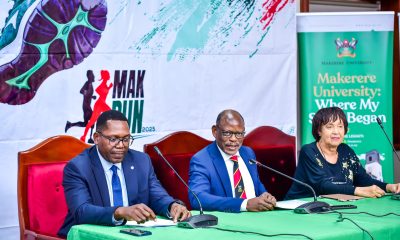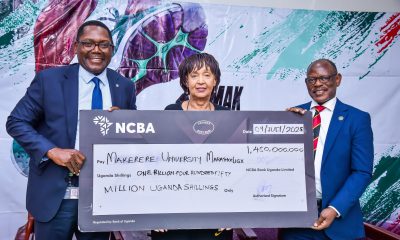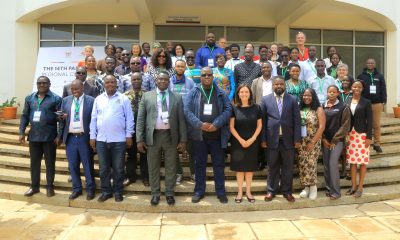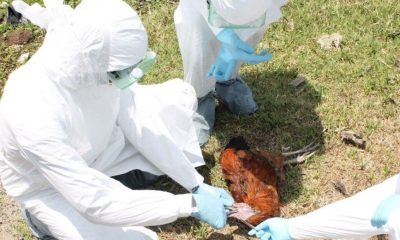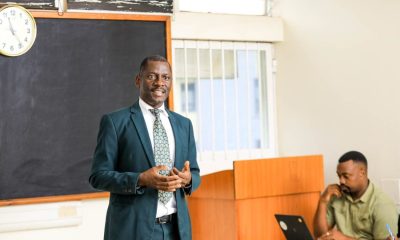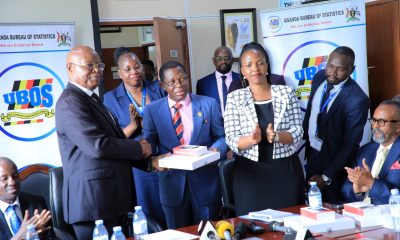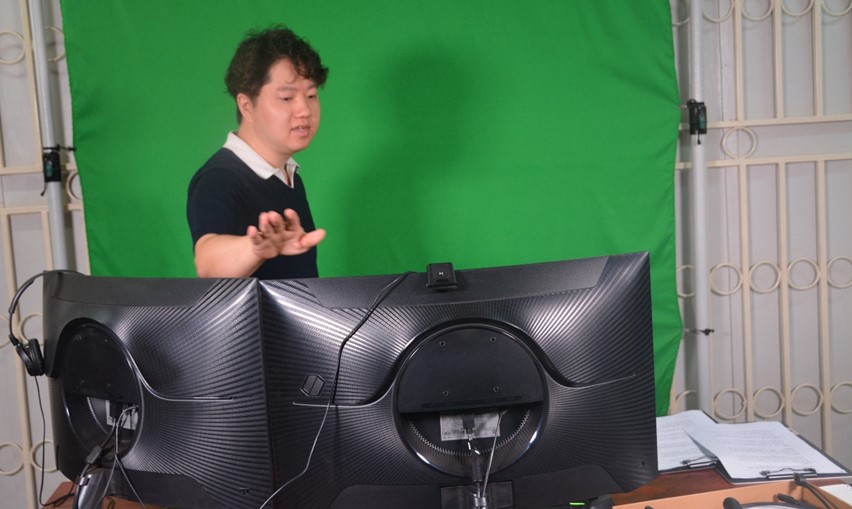Engineering, Art & Tech
Experts Call For Integration of Land Use and Transport Planning for Kampala
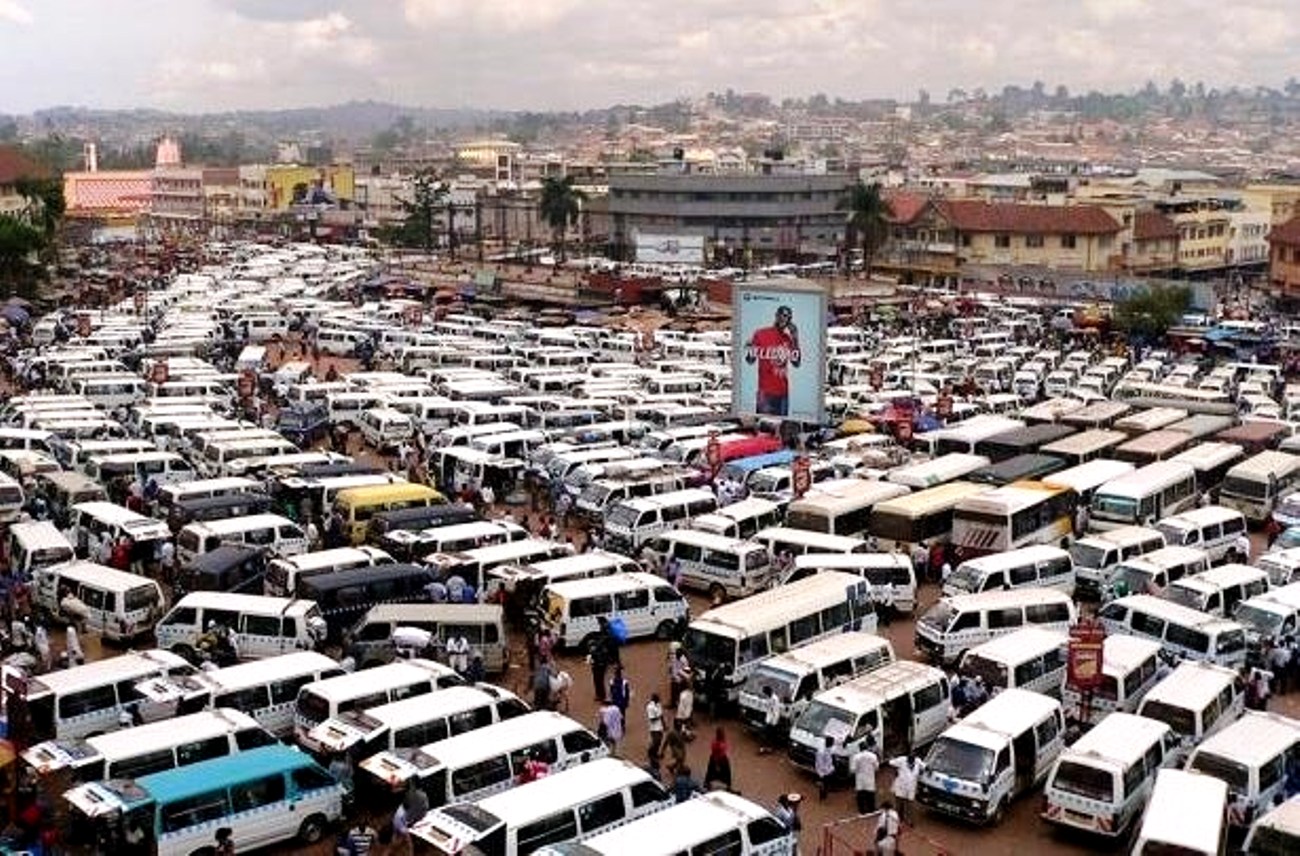
Engineering, Art & Tech
Uganda Engineering Sector Takes Bold Steps toward Reform and Collaboration
Engineering, Art & Tech
CEDAT and KOICA Partner to Advance E-Learning at Makerere University
Engineering, Art & Tech
Uganda Urged to Strengthen OSHE Enforcement Amid Rising Workplace Injuries
-

 General2 weeks ago
General2 weeks agoRe-advert: Admission to Undergraduate Programmes 2025/2026
-

 General1 week ago
General1 week agoRe-Advert for Applications for Diploma and Certificate Training
-

 General5 days ago
General5 days agoMakerere University Fees Waiver for 40 First Year Female Students 2025/2026
-

 General2 weeks ago
General2 weeks agoPress Statement on Ranking
-

 Health1 week ago
Health1 week agoCall for Applications: Responsible Conduct of Research (RCR) Training Course

